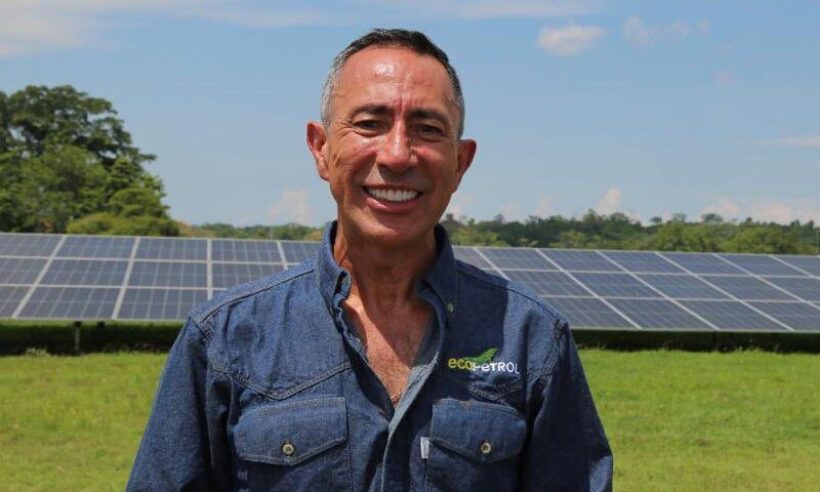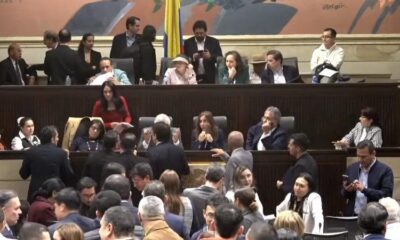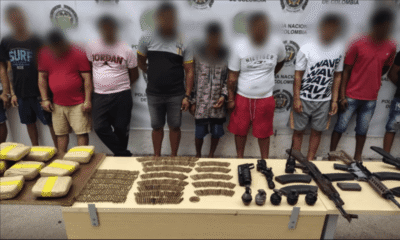Courts Seizing Assets of Ecopetrol President & Colombian Health Minister for Unpaid Debts
Based on a civil lawsuit, Ricardo Roa, the current president of Ecopetrol (BVC: ECOPETROL; NYSE: EC), and Guillermo Alfonso Jaramillo, the minister of health, have had their assets and salaries embargoed over unpaid debts from the 2022 presidential campaign of Gustavo Petro’s political coalition, the Pacto Histórico. These allegations, according to a report by Colombian investigative journal “La Silla Vacia” (The Empty Chair).
The legal proceedings, initiated by a private aviation company, allege a failure to pay for aviation services rendered during the electoral period. The development also coincides with a separate ongoing investigation by the national electoral authority regarding campaign finance.
Legal and Financial Allegations
According to court documents from two civil courts in Bogotá, both Roa and Jaramillo face demands for unpaid debts totaling over $2.253 billion COP (approximately $575,000 USD) owed to Sociedad Aérea de Ibagué (Sadi). The company claims that the debt stems from air transport services provided to the Pacto Histórico’s presidential and Senate campaigns during February and March 2022.
Case Against Roa: The lawsuit against Roa, who served as the manager of the presidential campaign, alleges a debt of $1.109 billion COP. A Bogotá civil court admitted the claim in December 2024. Following Roa’s failure to respond, a judge ordered the embargo of his assets in January 2025. The measure applies to four properties registered in his name, including a $1.8 billion COP apartment purchased in late 2022. The court has authorized the auctioning of the properties to settle the debt.
Case Against Jaramillo: The second lawsuit is against Jaramillo, the Pacto Histórico’s senate campaign manager, for an alleged debt of $1.154 billion COP. In May 2025, a Bogotá judge ordered the embargo of Jaramillo’s salary as minister of health and a property co-owned with family members.
These legal actions are separate from a broader investigation by the Procuraduría General de la Nación, which has opened a preliminary inquiry into Roa regarding a potential conflict of interest related to purchasing the $1.8 billion COP apartment. The property was reportedly acquired from a company linked to the mining and hydrocarbon sectors, which fall under the purview of Ecopetrol, the state-controlled energy company Roa now leads.
Regulatory Scrutiny and Campaign Finance
The lawsuits add a new dimension to existing regulatory scrutiny of the campaign’s financial management. The Consejo Nacional Electoral (CNE), Colombia’s electoral authority, is currently reviewing a report that recommends sanctions against the Petro campaign for alleged violations of campaign spending limits.
The CNE’s investigation has also examined the Pacto Histórico’s transactions with Sadi. The report cites evidence of potential manipulation in the documentation of payments for air transport services. According to the investigation, the campaign submitted invoices from Sadi to the Dirección de Impuestos y Aduanas Nacionales (Dian) that were subsequently voided. The report suggests that these actions, which included a reduction in flight hours and the removal of initially billed concepts, may have been intended to avoid exceeding campaign finance limits.
Ricardo Roa, president of Ecopetrol. Photo credit: Ricardo Roa Barragan/X.

























